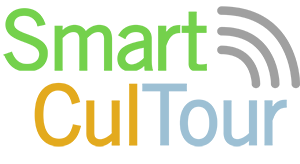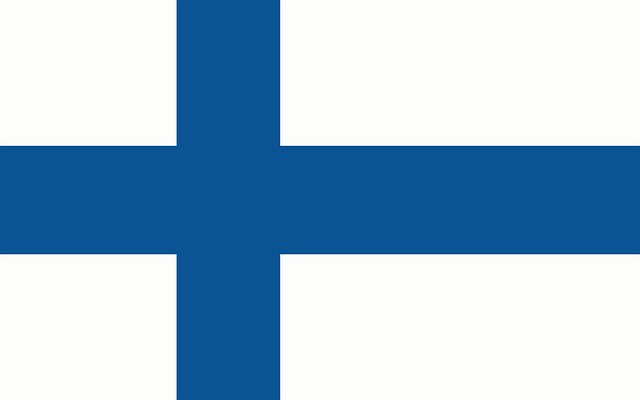Utsjoki
 Context
Context
The case area consists of Utsjoki (Ohcejohka in North Sami), the northernmost municipality in Finland. Utsjoki is the only municipality in Finland with Sámi-majority, having 46 % of its population Indigenous Sámi. The municipality is formed of three small villages: the main village Utsjoki that has given its name to the whole municipality and two smaller villages, Karigasniemi and Nuorgam. The settlement of the municipality is mainly concentrated along the river Teno between Finland and Norway.
 Cultural tourism products, motivations and existing gap
Cultural tourism products, motivations and existing gap
Tourism has been highly seasonal in Utsjoki. The main season has been summer and the main attraction the river Teno offering the possibility to catch wild salmon. However, the situation is now changing. The municipality wants to develop year-round sustainable tourism that is not dependent on salmon because the number of salmons in the river varies from year to year and the fishing regulations vary accordingly. For example, in summer 2021 salmon fishing in Teno is forbidden altogether. Cultural tourism is less developed in Utsjoki than nature-based tourism but both nature-based activities and cultural attractions are marketed to the tourists. In Sámi culture nature is seen as an important part of the culture and the two are strongly intertwined. When tourism is increasing and becoming more international, there is a need to combine tourism with Sámi culture in socially and culturally sustainable ways. There is a need for giving correct information for tourists about the culture, local way of life and everyman’s rights. According to the representatives of the municipality, the SmartCulTour project could be of help here.
 Lab goals
Lab goals
What we would like to reach with the SmartCulTour project is a local common understanding of cultural tourism development in the area: Do the local communities want to develop cultural tourism in the area, and if yes, what kind of cultural tourism and how? For that purpose, we need to provide the local communities with information about the possibilities and impacts of cultural tourism, especially sustainable Indigenous form of cultural tourism, and what kind of tourists cultural tourists are. We also need to involve the local communities and stakeholders with various methods to discuss among themselves about the current problems in local tourism, alternative solutions to these problems and future development directions, and to encourage them to cultural tourism planning and development together. We would like the local communities and stakeholders to discuss together whether they want to develop cultural tourism in their area, and if yes, what kind of cultural tourism, what kind of tourists they want to have in their area, which parts of their culture they want to represent to the tourists and how, and who wants to do it, or who is allowed to do it. We would also like to test and develop indicators with which to follow the cultural and social sustainability of tourism in the area and to set limits of acceptable change together with local communities and stakeholders.
 Activities and innovations being developed
Activities and innovations being developed
The long-term goal for the Utsjoki area is the development of culturally sensitive tourism. It is a new concept with which University of Lapland is currently experimenting in another project called Culturally Sensitive Tourism in the Arctic (ARCTISEN) and funded by the Northern Periphery and the Arctic Programme. The municipality of Utsjoki has also developed its own model for culturally sensitive collaboration which has been tested in local tourism planning between local stakeholders. In ARCTISEN, the University of Lapland is mainly working with local tourism SMEs, whereas within SmartCulTour, it takes a more community-based and strategy-level approach to develop the concept further in collaboration with the municipality.
As a direct project intervention, SmartCulTour will support the production of storytelling, marketing and knowledge sharing videos in order to enhance the visibility of Utsjoki while informing the visitors on how to behave respectfully towards indigenous cultures and the vulnerable Arctic nature.
 Stakeholders
Stakeholders
The local stakeholders that have been active in the Utsjoki Living Lab are tourism companies and their associations operating in the area, local artisans and artists, the Sámi Parliament, the municipality of Utsjoki, , Natural Resources Institute Finland (Luke) , the reindeer herders and their co-operatives, the local village associations, and the Kevo Research Institute.



